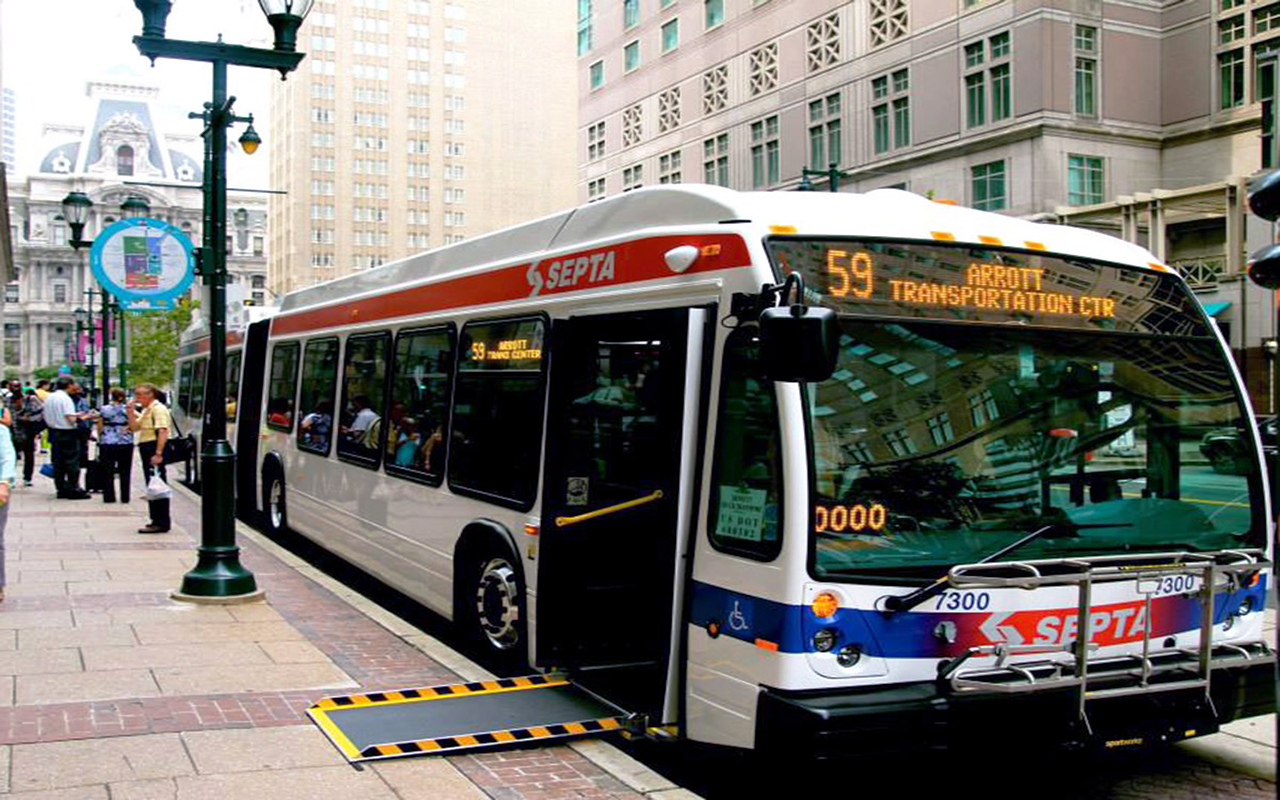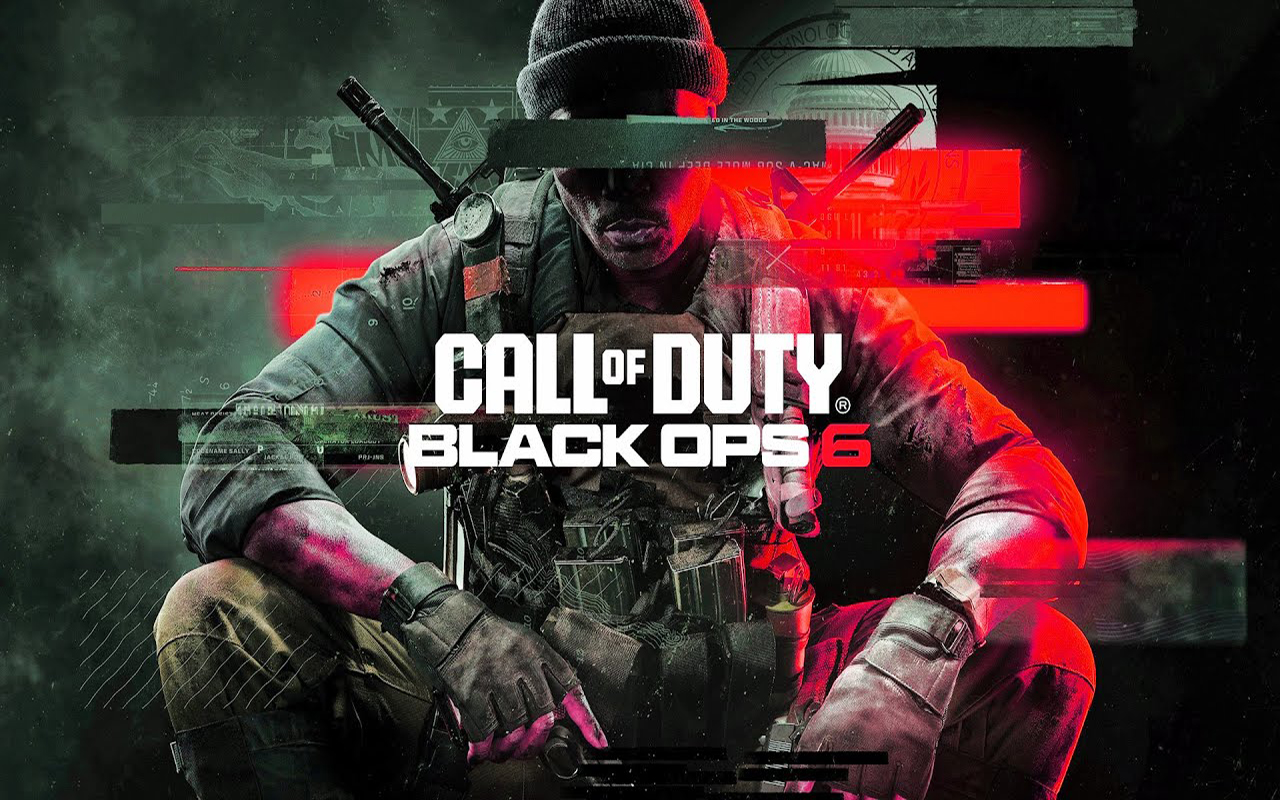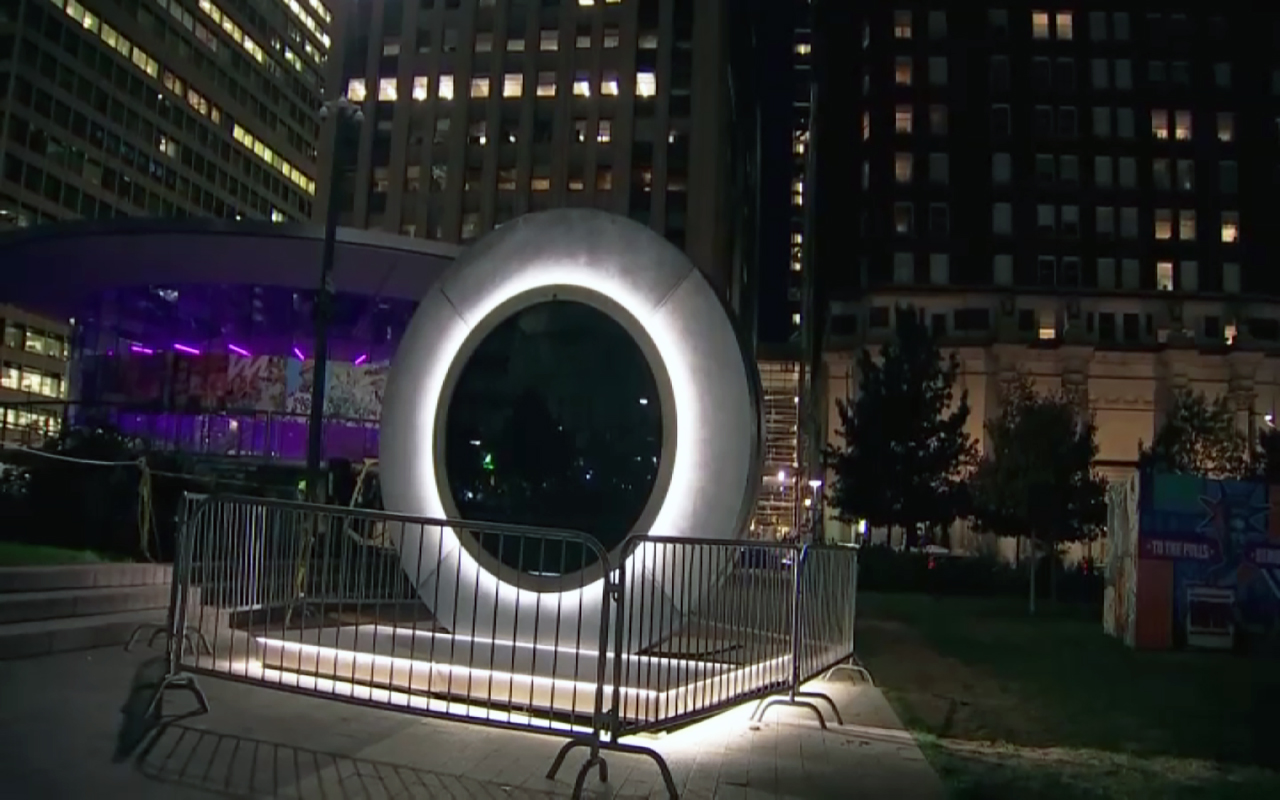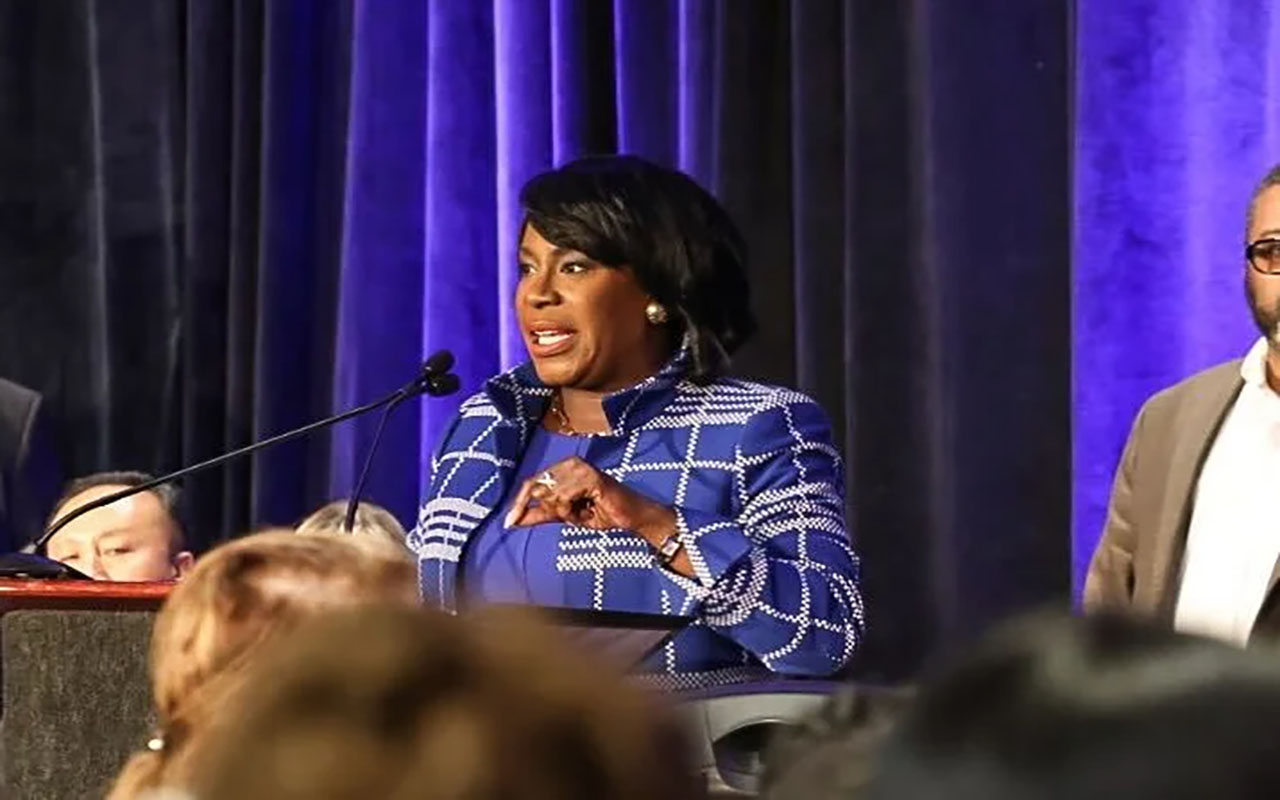
The long-awaited but slow transition away from tokens
The long-awaited smart card system for the Southeastern Pennsylvania Transportation Authority, a.k.a. SEPTA Key, can be seen by Philly residents.
In an ideal, practical world for Philly riders, every subway station would have kiosks that accept credit and debit cards, and riders with a cellphone app could pay right away at the bus fare box.
After years of waiting, riders are getting a step closer to this reality.
The long-awaited smart card system for the Southeastern Pennsylvania Transportation Authority, a.k.a. SEPTA Key, can be seen by Philly residents.
“Dozens of computerized kiosks, turnstiles and fare boxes have popped up in stations and on vehicles, and testing begins this month,” Philly.com reported.
To get a glimpse of the future, residents can stop by the new station fare lines for the Market-Frankford and Broad Street lines, and trolleys located just below Dilworth Park in Center City.
“The full transition of the SEPTA Key program is scheduled to take place in two stages — Transit (bus, trolley, trackless trolley, and high-speed lines) in 2015 and regional rail and CCT Connect paratransit services in 2016,” the company announced.
SEPTA has been promising the changes at least as far back as 2007, but didn't award the $130 million contract until 2011. The program was delayed by funding problems such as reductions in state aid and other mandated safety spending, agency spokeswoman Jerri Williams said, Philly.com reported.
SEPTA hasn't yet announced a phase-out date for tokens.










LEAVE A COMMENT:
Join the discussion! Leave a comment.